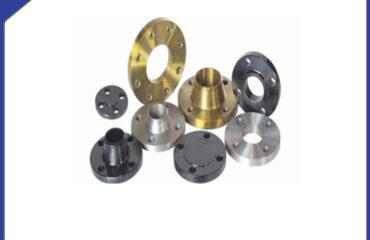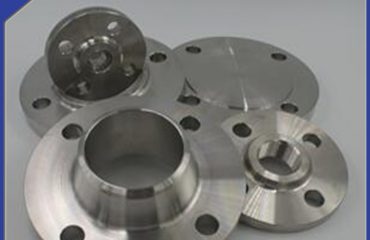
To ensure the quality and durability of steel pipes, several key aspects must be considered.
Firstly, raw material selection is crucial. High-quality steel with the appropriate chemical composition and minimal impurities should be chosen. This lays the foundation for the pipe’s strength and resistance to corrosion.
During the manufacturing process, strict control is essential. For seamless pipes, precise hot-working and pi
ercing operations are required to achieve the desired shape and internal quality. Welded pipes demand advanced welding techniques like submerged arc welding or high-frequency induction welding, followed by meticulous weld inspection using methods such as ultrasonic and radiographic testing.
Quality inspection and testing are indispensable. Dimensional inspection ensures the pipe meets the specified size requirements, while mechanical property testing, including tensile strength, hardness, and impact testing, verifies its performance under various conditions.
Finally, proper packaging and storage are necessary. Packaging should protect the pipe from physical damage and moisture, and storage in a dry, well-ventilated area away from corrosive substances helps maintain its quality over time. By meticulously addressing these aspects, the quality and durability of steel pipes can be effectively guaranteed, meeting the demands of diverse industries and applications.
 Language
Language Espanol
Espanol English
English Italian
Italian عربى
عربى
 Skype: chinamaker99
Skype: chinamaker99  Tel: 86-316-5120812
Tel: 86-316-5120812  Email:
Email:  Whatsapp:
Whatsapp: 
